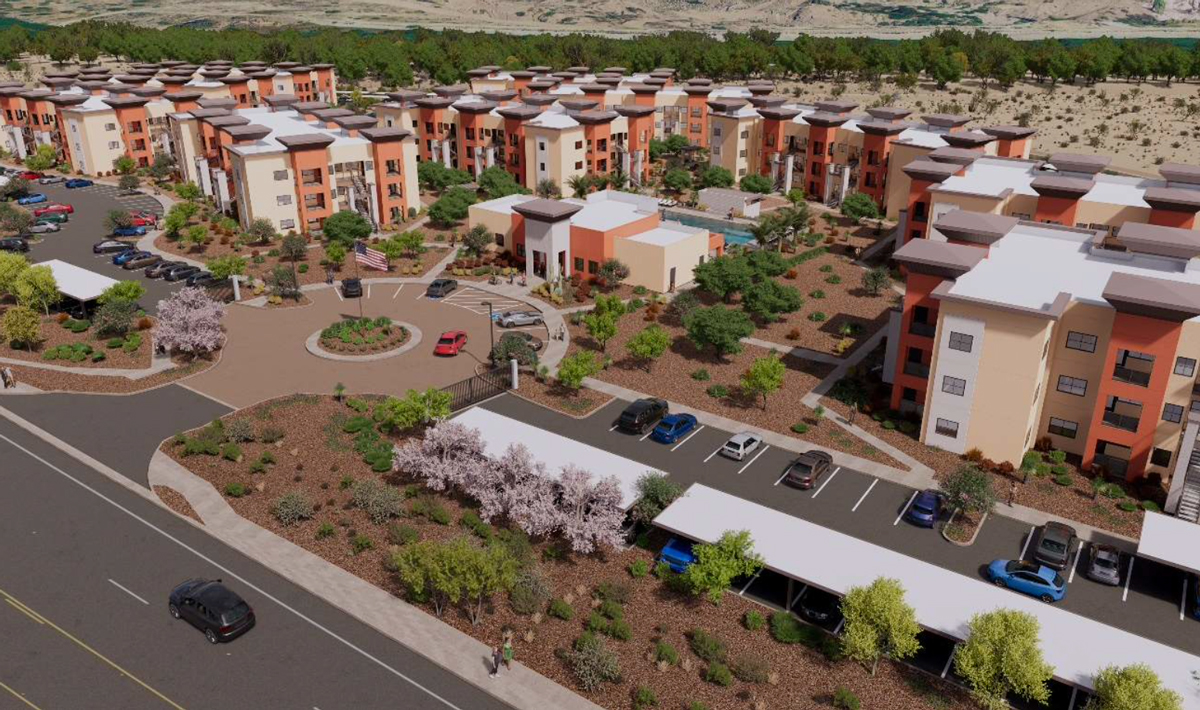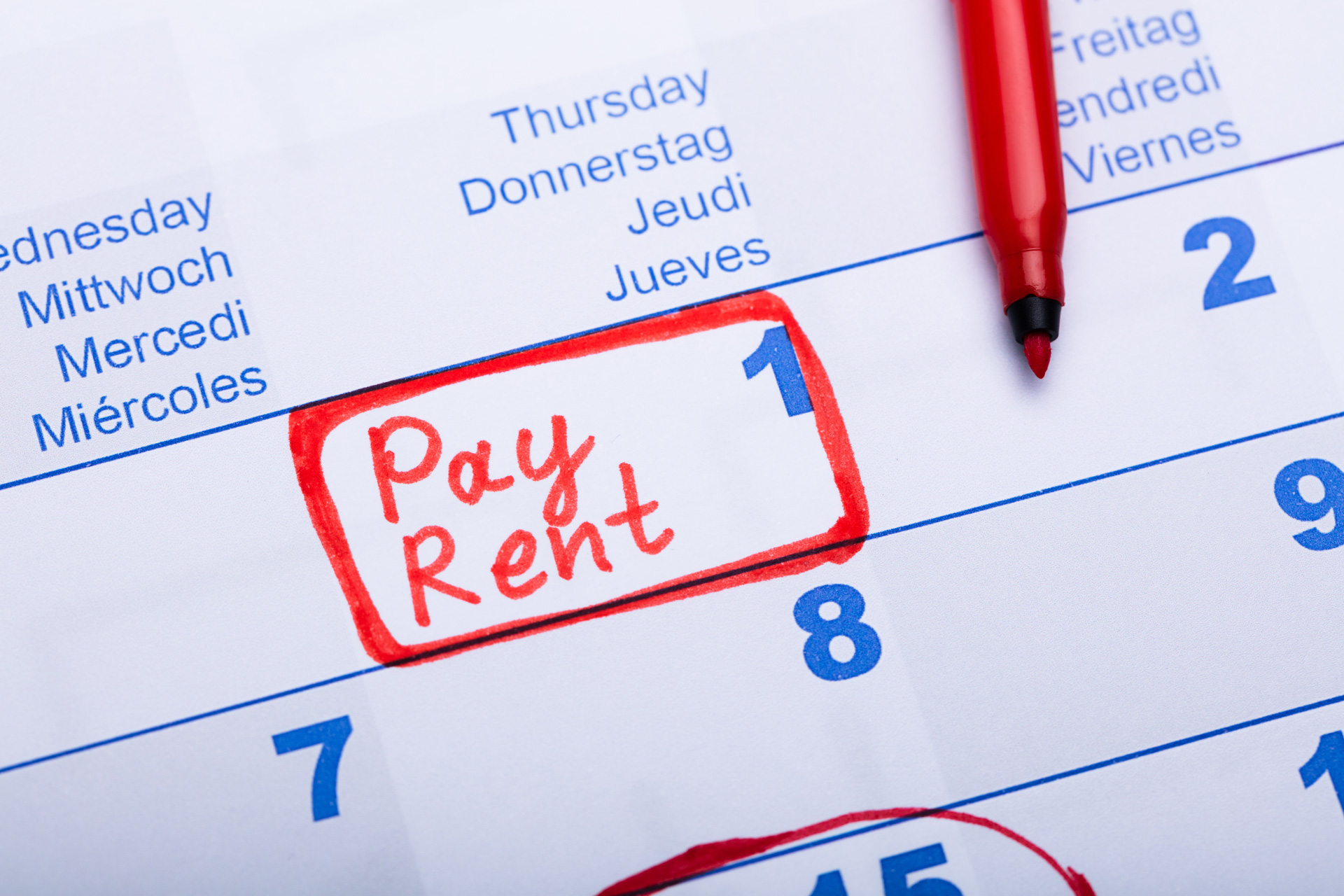If you’re looking for property that’s close to the beach in a year-round warm climate, you’d probably have to pay heavily for that stateside. But south of the border, Mexico is home to a flourishing real estate market that is much more affordable and has successfully lured hundreds of thousands of expats. Whether you’re seeking a retirement home, a rental property, or a recurring winter getaway, Mexico has countless options for scenic places to live and is only a few hours away from the US by plane.
While figures vary, in 2019, the Mexican Institute of Statistics estimated that there were at least 799,000 American-born people living in Mexico and The U.S. Embassy in Mexico City put that number closer to 1.5 million. In San Miguel de Allende, ten percent of the city’s residents are originally from the United States. Despite a lot of negative publicity that Mexico has garnered in recent years, expats have found Mexico to be much safer in general than the news would indicate.
While it may seem complicated to buy property in Mexico, the real estate market is hospitable to foreigners, who are able to legally purchase, live in, rent, sell, and even bequeath their property to their heirs. There is a catch though: foreign ownership of Mexican property was outlawed in 1917 and remained prohibited until 1973, when the government passed the Foreign Investment Law. The law allows foreigners to acquire property in Mexico, as long as it is located outside of the so-called Restricted Zones, which includes any land within 100 kilometers of foreign borders or within 50 kilometers of the ocean. As a consequence, this law largely prevented development in those zones and was modified in 1993 by the Mexican government. Foreigners are now allowed to buy property in the restricted areas but only indirectly through a “fideicomiso,” which is a trust agreement between the buyer and a Mexican Trust Bank. Under this arrangement, the title to the property is held by an authorized Mexican financial institution. As the beneficiary of that trust, your property cannot be sold or modified without your express written permission. Today, these trusts operate on 50-year terms, and are renewable and transferrable. It’s always a good idea to work with an experienced real estate company that is familiar with Mexican law so that you are protected with the most accurate and up-to-date information.





